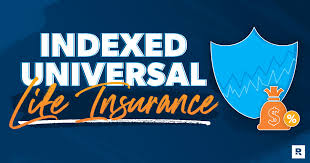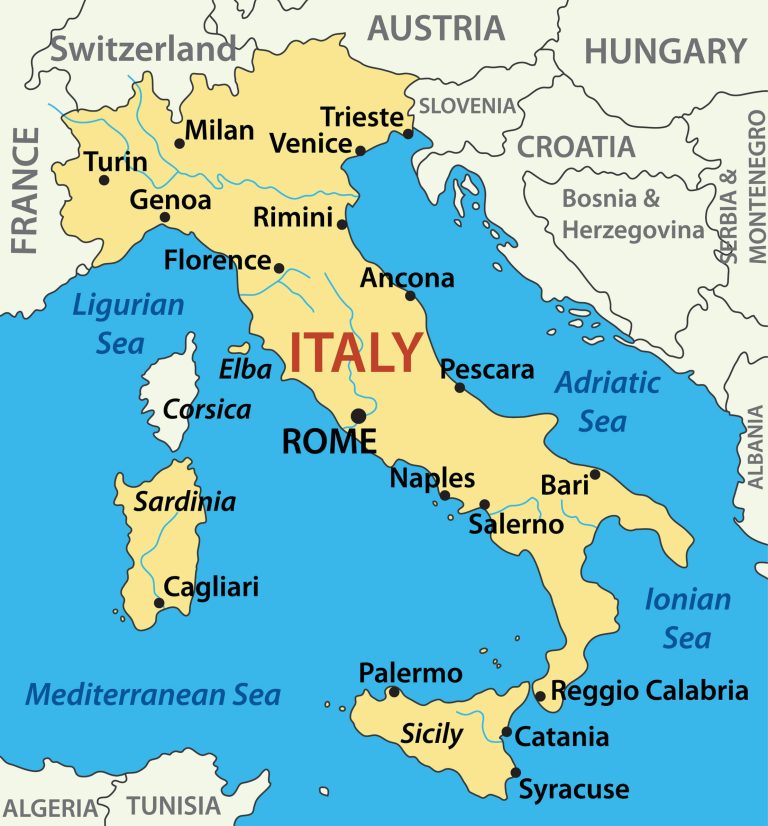
Would you accept the flexibility of flexible life insurance premiums and face value, as well as the chance to boost cash value? What if you could obtain all of this without the downside risk of investing in the stock market?
With an indexed universal life (IUL) insurance policy, you can do all of this. These rules aren’t for everyone, so it’s critical to understand the trade-off between flexibility and investment growth before deciding if it’s a good fit for you.
KEY TAKEAWAY
Indexed universal life (IUL) insurance allows the policyholder to choose how much cash value to allocate to a fixed or equity-indexed account.
Index universal life insurance is a type of permanent life insurance.
In an index global life, you run the danger of losing money (IUL).
IUL insurance coverage include several well-known indices, such as the S&P 500 and the Nasdaq-100.
IUL insurance products allow for cash accumulation while still giving a death payout.
What Is Indexed Universal Life Insurance (IUL)?
Universal life (UL) insurance comes in a variety of flavors, ranging from fixed-rate models to variable models in which you choose which stock accounts to invest. The owner of indexed universal life (IUL) insurance can assign cash value amounts to either a fixed or equity index account. Policies include a number of well-known indices, such as the Nasdaq-100 and the S&P 500. 1 IUL policies are more volatile than fixed UL plans, but they are less dangerous than variable UL policies because no money is invested in equity holdings.
IUL plans provide tax-deferred cash accumulation for retirement while also providing a death benefit. People who want permanent life insurance yet want to take advantage of potential cash growth through an equity index may employ IULs as critical person insurance for business owners, premium financing programs, or estate-planning vehicles. IULs are called sophisticated life insurance policies since they can be difficult to explain and understand.
How Does Indexed Universal Life (IUL) Insurance Work?
When a premium is paid, a percentage of it goes toward the cost of insurance depending on the insured’s life. Any fees are paid, and the remainder is added to the cash value. The entire cash value is credited with interest depending on improvements in an equity index (but it is not directly invested in the stock market).
Some insurance enables the policyholder to pick various indices. IULs typically provide a guaranteed minimum fixed interest rate and a selection of indices.
Policyholders can choose how much of their money goes into fixed and indexed accounts. The specified index value is recorded at the start of each month and compared to the value at the end. If the index rises during the month, the interest is calculated and added to the cash value. Index gains are paid back to the insurance either monthly or annually.
For example, if the index increased by 6% from the beginning to the end of June, the 6% is multiplied by the cash value. The interest earned is applied to the cash value. Some policies assess index gains as the sum of the changes during the period, whilst others use an average of the daily gain for a month. If the index falls instead of rising, no interest is credited to the cash account.
The index gains are credited to the insurance at a percentage rate known as the “participation rate.” The insurance company determines the rate, which might range from 25% to more than 100%. For instance, if the gain is 6%, the participation rate is 50%, and the current cash value total is $10,000, $300 is added to the cash value (6% x 50% x $10,000 = $300). The index interest is normally credited to cash accumulations once a year or once every five years in IUL plans.
Because no capital is directly invested in the stock market, IUL insurance products limit risk.
Indexed Universal Life (IUL) Insurance Benefits
Cheap cost: Because the policyholder absorbs the risk, the premiums are low.
Accumulation of cash value: Amounts credited to the cash value grow tax-free. The cash value can be used to pay insurance premiums, allowing the policyholder to minimize or eliminate out-of-pocket costs.
Flexibility: The policyholder has control over the amount at risk in indexed accounts, and death benefit levels can be changed as needed. Most IUL plans have a slew of optional riders, ranging from death benefit guarantees to no-lapse assurances.
Death benefit: This benefit is permanent, is not subject to income or death taxes and does not have to be probated.
Risk is reduced since the policy is not directly invested in the stock market.
Easier distribution: Regardless of age, the cash value of IUL insurance contracts can be retrieved at any time without penalty.
Annual contributions to IUL insurance plans are not restricted.
If you possess indexed universal life insurance, you can most likely borrow against the policy’s cash value. If you do not repay your loans, they are taken from your death benefit.
Indexed Universal Life (IUL) Insurance Disadvantages
Caps on percentage accumulation: Insurance companies will occasionally set a maximum participation rate that is less than 100%.
More suitable for greater face amounts: Smaller face values do not provide a significant advantage over standard UL insurance plans.
Based on an equity index: If the index falls, no interest is credited to the cash value. (Some plans have a low guaranteed rate for a longer length of time.) Market indexes serve as a performance benchmark for investment instruments. Typically, their purpose is to outperform the index. The purpose of IUL is to profit from increases in the index.
How Do I Create an Indexed Universal Life Account?
When you purchase an indexed universal life insurance policy, your insurer will assist you in selecting the index to use for the cash-value account, which is included in your policy along with the death benefit.
How Does Indexed Universal Life Insurance Work?
Indexed universal life insurance is a type of permanent life insurance that provides a cash value account that is linked to a market index, such as the S&P 500.
How Does Fixed Index Universal Life Insurance Work?
The purchaser of indexed universal life (IUL) insurance can select the amount of cash value and whether it will be invested in an equity-indexed or fixed account. Fixed index universal life insurance, or fixed universal life insurance plans, offer just a low-interest rate that may or may not be guaranteed.



